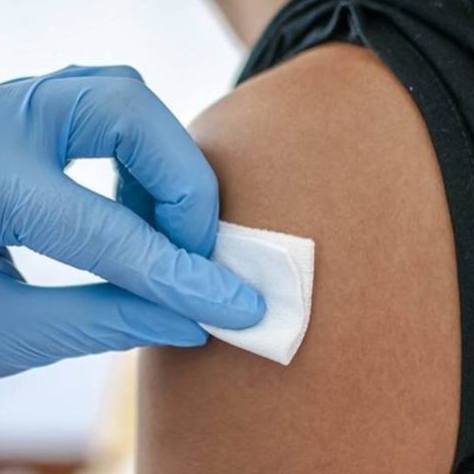-
Mayo Clinic Minute: Recognize symptoms of salmonella infection
It's the season of summer picnics and barbecues. Make sure your family gathering doesn't end up with a bout of food poisoning. More than 1 million Americans each year become sick with salmonella infection. Most people get sick from eating foods contaminated with salmonella bacteria including fresh produce, raw eggs and uncooked meat. Dr. Summer Allen, a Mayo Clinic family medicine explains what to watch for if you suspect someone might be sick with a salmonella infection.
Journalists: Broadcast-quality video pkg (1:00) is in the downloads at the end of the post. Please "Courtesy: Mayo Clinic News Network." Read the script.
Stomach cramping, diarrhea and fever are all common symptoms of salmonella infection.
"An infection with salmonella for patients will often appear like a stomach bug or stomach flu-type symptoms," says Dr. Allen.
Symptoms usually develop 12 to 72 hours after exposure to salmonella bacteria and usually last two to seven days.
"Most people don't require any treatment outside of fluids and some rest and making sure that they stay hydrated," says Dr. Allen.
Dehydration from persistent diarrhea is a common complication. Those at highest risk of severe illness are young children, older adults and those with weakened immune systems.
"If someone feels they're dehydrated, severely unable to keep fluids down, and they need to seek medical attention or have a condition that compromises their immune system, then they may need antibiotics. But, for most of us, this will resolve on its own."
You can’t tell if someone or something is infected with salmonella. The bacteria live in the intestinal tract. It can spread from animals to humans and person to person. Dr. Allen says good hand hygiene is one way to decrease your chance of infection.
"If people wash their hands thoroughly or, in some cases, at least use hand sanitizer, that’s going to be extremely helpful and protective to them."
Related Articles







